Student Blog
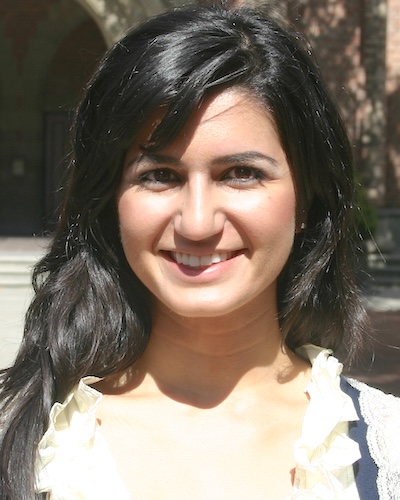
What makes USC’s program unique? ⟩
November 8, 2010, by Helen
Community Fieldwork Getting Involved International What are OS/OT?
The professors at USC support your learning in every way possible.
In the past couple weeks, I have held information sessions at UC San Diego, UC Davis, Sacramento State, and UC Berkeley. I am constantly being asked why I chose USC’s program and what makes USC’s program unique. From holding these information sessions and meeting so many ambitious and passionate future applicants I have had the opportunity to reflect more on the profession of Occupational Therapy. I have also had time to reflect on how attending USC’s program has influenced my professional future and outlook about the profession. The faculty at USC has such immense confidence in their students and provide the support for their students to not only be great clinicians, but to be leaders in their profession. This investment in the students is what has made my learning experience as a graduate student so unique.
In the last year, I have been provided with the opportunity to attend Lobby Day in Sacramento, advocating for Universal Health Care. Additionally, I was given the opportunity to do an international fieldwork in Ghana. I have also had the opportunity to attend OTAC conference in Pasadena, AOTA conference in Florida, as well as the student conclave in Kentucky. Attending these events, networking with current practitioners and leaders in the field, and learning what direction research is moving towards, have intertwined to inspire me about my profession. I am so proud to be an Occupational Therapy student at USC and am so grateful for being able to attend a university where the faculty truly supports your learning. The professors and faculty hold a holistic view of their students, emphasizing that it is not only valuable to be an excellent student doing well academically, but it is equally valuable to gain practice experience, leadership experience, research experience, and to be knowledgeable about the theory behind practice. By valuing all these learning components, I have a strong sense of the history of my profession, where we stand currently in our health care system, and what needs to be done in the future. The field of Occupational Science was founded at USC, Jane Ayres was a professor at USC researching Sensory Integration techniques, Lifestyle Redesign was established at USC, and our dean Florence Clark is the president of the AOTA. So to answer the question of why I chose USC and why I feel USC is ranked so highly for our OT program, I feel that it is because all these elements combine to create passionate practitioners who think broadly about the field of Occupational Therapy.
⋯
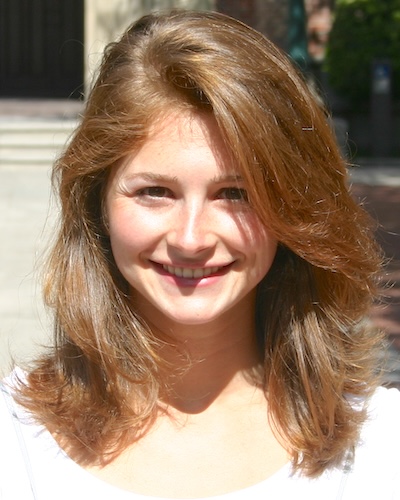
My First OT Summer ⟩
November 7, 2010, by Amanda
An introduction to the summer coursework!
The first summer studying occupational therapy at USC lays down the foundation for analyzing occupation. During these intensive 8 weeks, you can expect to be in class a lot, but also you can expect to get to know your classmates and enjoy the time!
There are three classes that you take that summer: kinesiology for occupation, neuroscience for occupation, and occupational therapy skills. Kinesiology and neuroscience have both a lecture component to learn about important concepts relevant to occupation and a lab component where you apply these concepts. For example, you may spend kinesiology lecture learning about actions of muscles, but then in lab you would apply your knowledge of the muscles to analyze brushing your teeth. An example for neuroscience lecture is you will learn about the process of visual-perception in the brain. In lab you may take these concepts to understand how a deficit in this area affects how you experience activity. This allows you to unite your knowledge of the underlying components to the actual activities. Also, there are wonderful instructors and teaching assistants available to go over, explain or clarify difficult concepts . Although it at times felt like a lot of class in just 8 weeks, the structure of the summer classes provides many resources so you may be successful in your coursework!
The third course, Skills for Occupational Therapy, is a student favorite! This course allows your creativity to flow! Your instructor has a few different activities or crafts for that week. You choose what you would like to do and work at your leisure. After a morning of lecture and lab, Skills was a time to relax and be with your classmates and just proves how therapeutic individually meaningful activity can be!! You go beyond simply participating in craft and activity and analyze what is necessary to do the activity and what are the benefits to choose one activity over another. You are beginning to think in the occupational therapy mindset to explain the choice of one activity and what skills are necessary for participation!
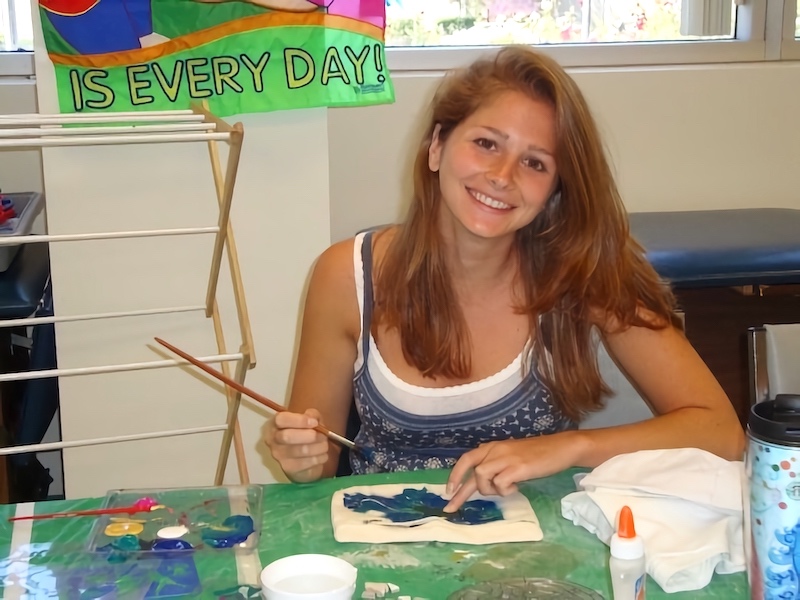
Me working on a skills project!!
This summer session is full-time and you are at school pretty much all day. I think the combination of being excited to start occupational therapy school and having this opportunity to be with all your classmates makes it feel less like “too much school” and more about the process of it all!
⋯
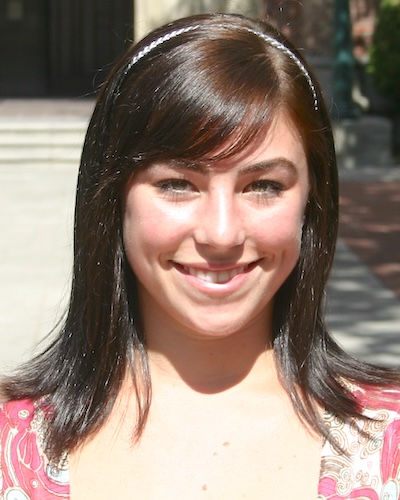
Defining Occupational Therapy ⟩
November 6, 2010, by Austen
In class last week, we discussed how 40 years ago occupational therapy struggled to define itself. The boundaries and responsibilities of the occupational therapists were vague, the scope of practice was not clearly delineated, and many did not understand what it was. Unfortunately, we are still in that same situation today. Individual occupational therapists define the profession differently, they practice differently, and as a result, much of the public is unaware we exist.
During our discussion, I immediately started asking myself, why is it that our profession has not been able to find a simple definition? How can we still be stuck in the same situation as decades ago? Have we made no progress in establishing ourselves?
At first, these questions were discouraging. I felt hesitant about my choice to enter a profession that cannot explain itself in a uniform and definite way. I was a little bothered by the fact that I will have to explain what occupational therapy is to most people I encounter. I already struggle with a solid explanation of the profession.
Thinking about it a little longer, I realized that occupational therapy’s lack of a straightforward definition is not necessarily a bad thing. In fact, I think it is a beautiful thing. It is not appropriate for our profession to define ourselves as simply as other professions like accountant, lawyer, or stockbroker. We have the freedom to work in so many different settings with such different populations that the responsibilities, tasks, and skills vary from job to job. It would be limiting to pick a more precise definition of occupational therapy.
My favorite part of occupational therapy is its flexibility. Occupational therapists are able to work anywhere and with anyone. I would much rather have a variety of opportunities available to me at the cost of taking 30 seconds to explain what occupational therapists do. Life is full of sacrifices. Occupational therapy as a profession is worth the struggle of finding a definition because in the end, we know that the opportunities are endless, we will love what we do, and we will be able to change lives.
However, it does not hurt to advocate for our profession and get us further out in the public eye. We still need to educate everyone we talk to, get others involved, and spread our love of occupational therapy. If we show excitement and passion about our profession, it will inspire others. We should not be discouraged by the unawareness and ambiguity that exists, but instead motivated to change it.
⋯
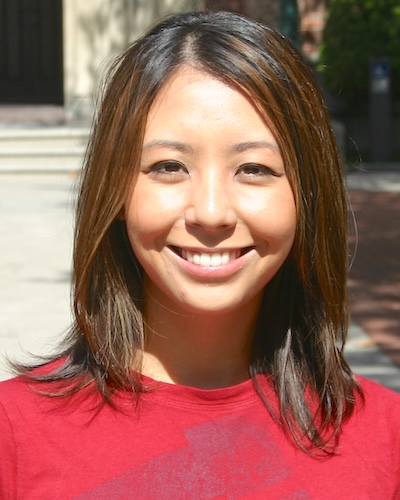
Exploring LA ⟩
November 6, 2010, by Carissa
Being originally from the Bay Area, I have loved exploring and being a tourist in Los Angeles. The next best thing to traveling is finding new local areas to visit. There is so much to do and see. Here are some of the places I have enjoyed visiting to relax and re-energize myself for school
Venice Beach
With the scent of incense blending with the ocean, this eclectic area provides many forms of entertainment.
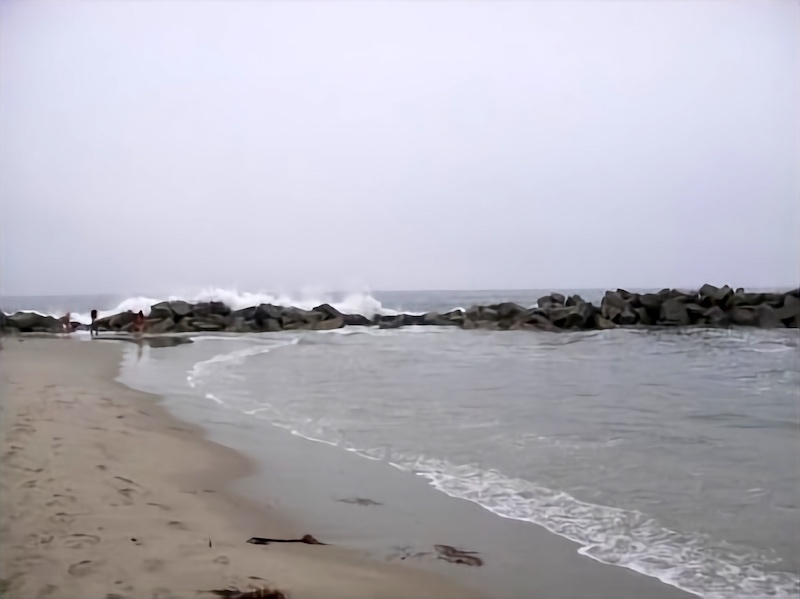
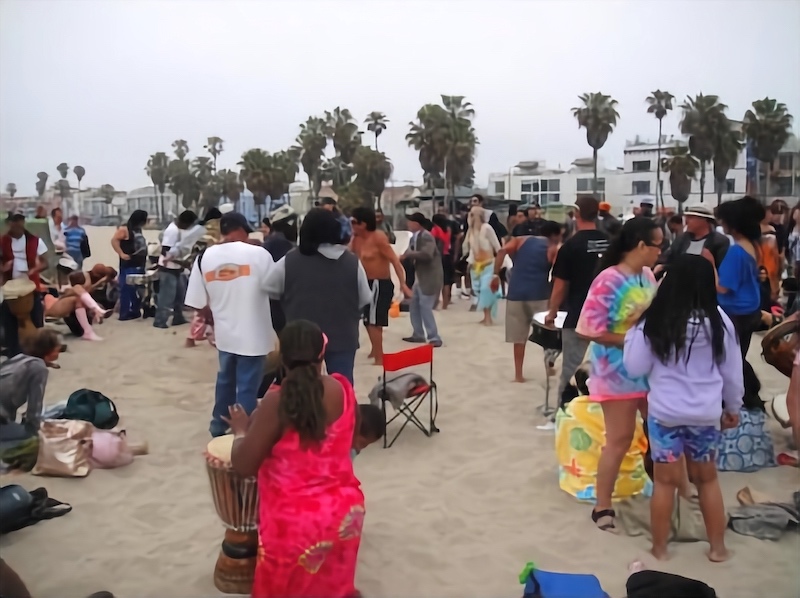
Santa Monica Pier
Fabulous area for biking, walking, people watching, and shopping!
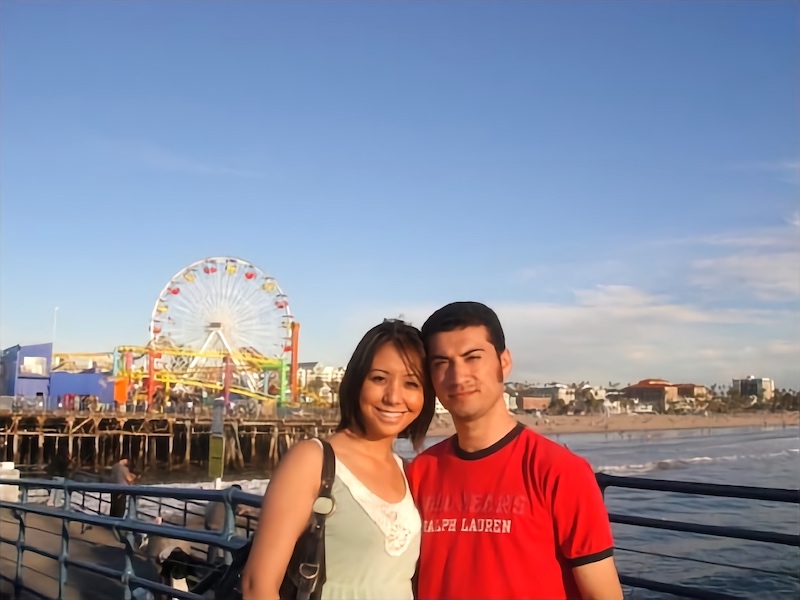
Getty Museum
Place to enjoy art, architecture, and events
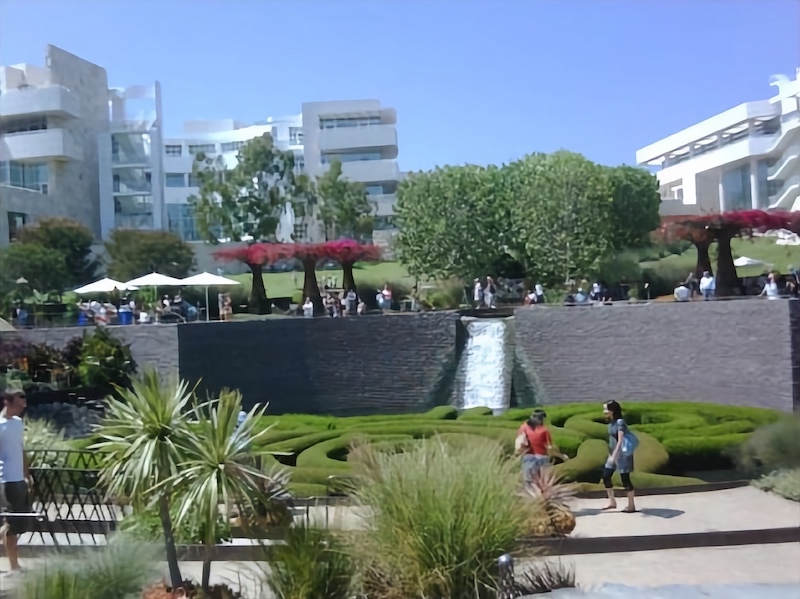
Griffith Park
Perfect place for a hike!

Big Bear
Just about a 2 hour drive to this great place for skiing, snowboarding, and snow tubing!
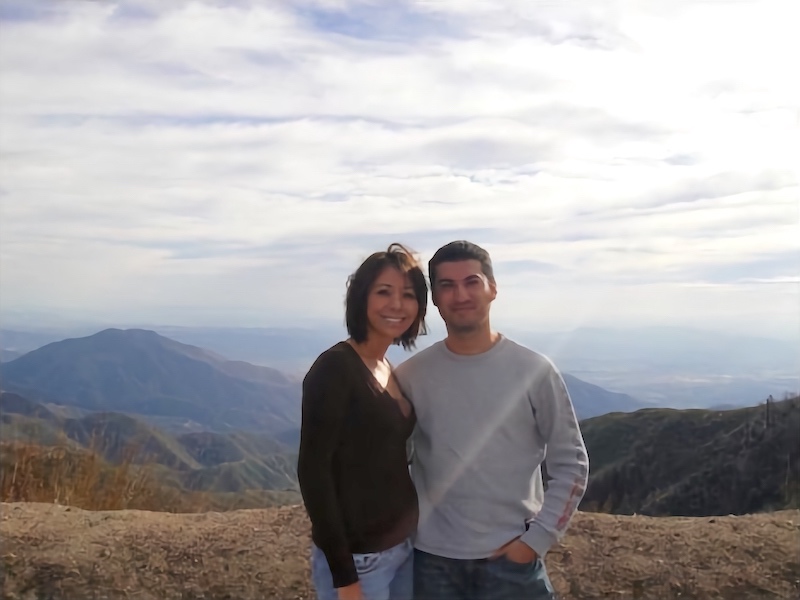

Staples Center/LA Live
Home to amazing concerts and of course, the Lakers! Also, walk around to eat at the delicious restaurants or catch a movie at the nearby theater. 😊
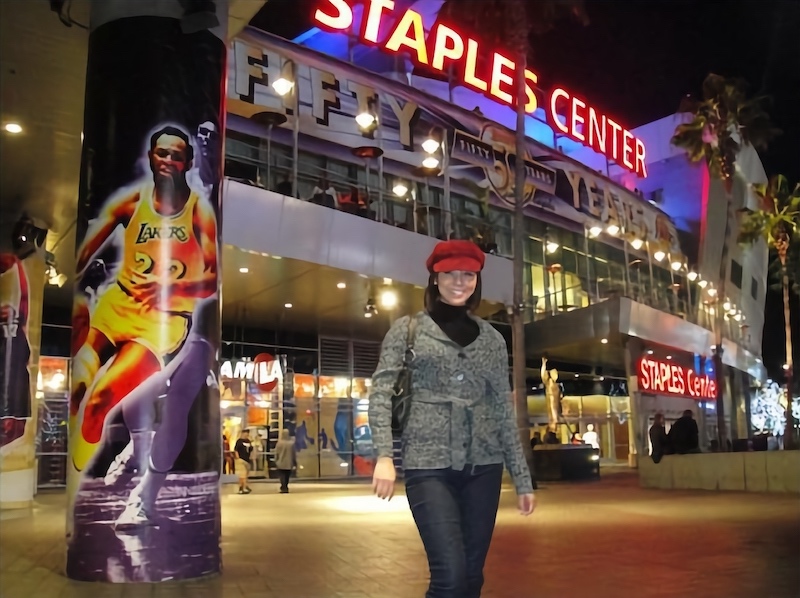
Love LA!
⋯

A Summer of Surprises ⟩
October 23, 2010, by Austen
I was initially uneasy with my first summer fieldwork placement at an inpatient acute rehabilitation floor of a large hospital. I had no idea what to expect as I had no prior fieldwork experience in that setting. I was worried about not liking physical disabilities, not being good at it, and being overwhelmed in a hospital setting.
The inpatient rehab unit I was on was super intense as I had expected, and there were so many things to remember. I worked 4 days a week 10 hour days, arriving in time to see my first patient at 7am, and leaving around 5pm. By the time I got home, I was exhausted from mental, physical, and emotional overload. It was an 18 bed unit, with a large OT and PT gym area, fully equipped kitchen, and lots of activities resources to choose from. I observed the first couple weeks, then started brainstorming treatment ideas, eventually taking on one patient of my own. About half way through the 12 week internship I started treating an entire caseload of 5-6 patients in a day. I was treating on my own, with my clinical instructor either in another room with her own patient or down the hall at our desk. I had an amazing clinical instructor. She was supportive, encouraging, helpful, thorough, patient, and challenging and we got along great. She knew when to push me, she knew when to step in. She was an incredible teacher. I really lucked out.
In the observation phase, I remember watching my clinical instructor help a 380 pound woman diagnosed with “failure to thrive” to the commode, assist with perineal care as the patient was not able to reach, and also bathe every crease of the patient’s body to ensure thorough washing. I was worried about the day I would have to do that myself and I was quick to think a hospital is not a place I want to work later on. Essentially, I was scared to do something I had never done before. Not only was I hesitant about some of the responsibilities of the OT in an acute rehab setting early on, but I was critical of the overall hospital setting as I assumed more hands-on experience. It was pretty stressful and overwhelming from what I experienced, and it was really fast-paced. I was constantly moving, always on my feet, always thinking on the go. I worked up a sweat all day as I was constantly transferring patients, running around collecting items, running errands, etc. I would go home and collapse after a day at work. There was no leftover energy to do much of anything else.
Then the third to last week of fieldwork arrived. At that time I was treating my own caseload, completing all documentation, and feeling comfortable with my routine. A 10-hour day was still physically and mentally taxing on me, but it was doable. I found a schedule that worked for me, I found a way to manage my patients, I found a way to be organized. And I was having fun! It was at that moment that I could not only look at the checklist of things I had to complete, but I could enjoy being with my patients. I found a way to balance being the health care professional and the cheerleader, the coach and the friend. Something clicked. The last couple weeks were the best ones, because I felt like I knew what I was doing and I saw the difference I was making. My patients would go home saying “Thanks a million,” “I could not have done this without you,” and “I really appreciate all of your help.” That makes it all worth it.
Despite my initial trepidation, working in acute rehab was an amazing experience and I learned a number of lessons. It may seem cliche, but I learned to not always rely on first impressions. After the incident with that obese woman, I dreaded going into that hospital for the first couple weeks, worried about the first day I would have to get my hands dirty. However, once I stepped in and started treating, I never flinched again. I realized that my first impression that working in a hospital was not for me was too quick of a judgement. I sit in the classroom now wishing I was back on that acute rehab unit. My summer experience was way better than I ever thought it would be. I also learned to keep an open mind. Before I started, I told myself I was not going to like it and I was going to be bad at it. Much to my surprise, I loved my fieldwork there, and happened to do a great job! So, just because you think you may not like something or may be bad at it, give it a try anyway and you may surprise yourself like I did.
⋯





